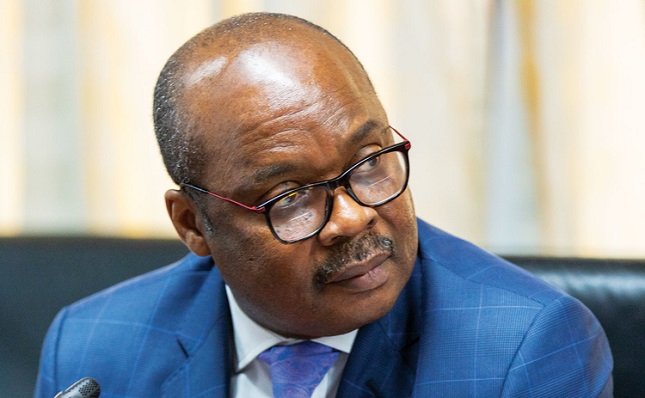We recognise importance of gold as a reserve asset and strategi role to play economic development
The Bank of Ghana says it recognises the importance of gold as a reserve asset and the strategic role it plays in economic development.
However, it wants the exploitation of the precious metal to be done responsibly to ensure that the full benefits are derived without undue harm to the environment.
According to the Central Bank, it hopes to achieve this through its responsible sourcing programme.
The objective of this Responsible Gold Sourcing Policy Framework is to present and explain the Domestic Gold Purchase Programme (DGPP) including the processes, Know Your Customer (KYC) and due diligence requirements, supply chain mapping, and risk assessment and identification.
The DGPP is currently being implemented in two forms, Gold for Reserves and Gold for Oil.
The Central Bank’s KYC and due diligence procedures aim at ensuring that the gold it procures does not directly or indirectly contribute to the abuse of human rights, conflict, irremediable environmental degradation, and are in full compliance with the laws and regulations of Ghana.
The Gold for Oil policy is to allow the government to pay for imported oil products with gold, in a direct barter with gold purchased by the Central Bank.
According to the government’s G40 Programme Framework dated February 3, 2023, which explains the policy, payment for the oil supply is done in two channels; barter trade or via forex obtained from selling gold to a broker.
Under the barter channel, suppliers willing to take gold in direct exchange for petroleum products will be provided with the equivalent volume of gold by the Bank of Ghana (BoG).
Under the Broker Channel, the BoG executes a gold supply agreement under which it sells gold to a gold broker, which provides forex cover to pay for petroleum products.



